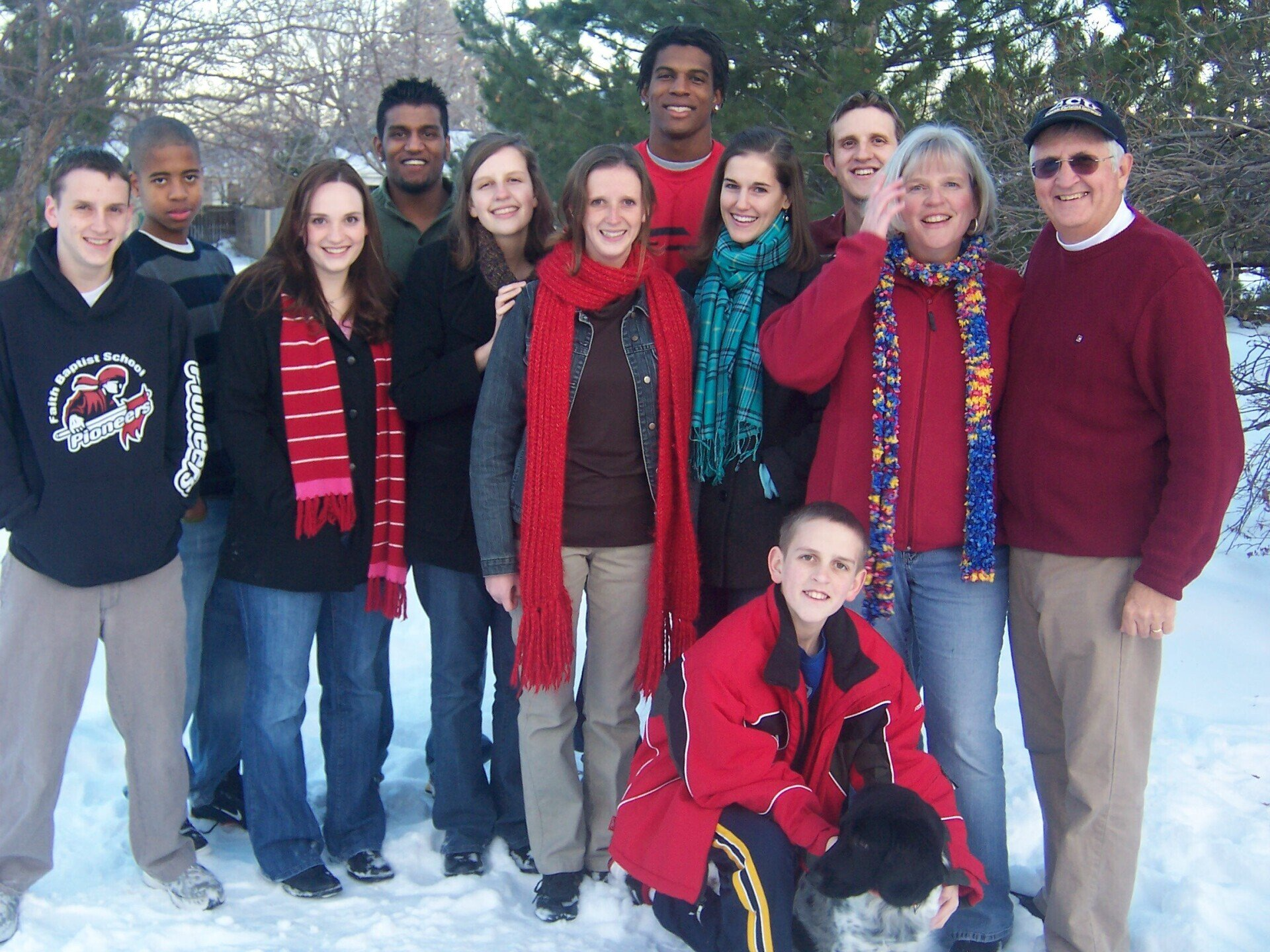Why Are More and More Scientists Believing in God?
Robert Spitzer gives three scientific reasons more scientists are believing in God.
Robert Spitzer is a physicist and the retired president of Gonzaga University. He has written a book, “Science at the Doorstep of God.” He argues that there is more scientific evidence for God than ever. There is also more evidence for the soul and life after death. I repeat. Scientific evidence. He says there at least three major areas in which scientific discoveries point to God.
First, physicists now believe the universe had a beginning. If it had a beginning there has to be something outside of it that caused it. This was the argument of Aristotle who believed there has to be an “uncaused cause” or a Prime mover. It’s only logical that if everything we see around us is caused by something else, it all has to go back to something that doesn’t have a cause.
Second, for life to exist in our universe, it is extremely, extremely unlikely that it formed by chance. Scientists are discovering more and more the complexity of life and that forming it by accident is impossible. Spitzer puts it this way: “Among young physicists, there is considerable awareness of the need for something like transcendent intelligence to explain the exceedingly improbable occurrence of the finely-tuned initial conditions and constants needed for the development of life.” How finely tuned is life after all. Spitzer says, The odds against the kind of world we have occurring after the Big Bang began our universe, is the same as a monkey typing the entire works of Shakespeare perfectly by random tapping of the keys of a computer in a single try. To put it differently, the odds of our universe permitting life is fine-tuned to one part in a trillion, trillion, trillion, trillion, trillion, trillion, trillion, trillion, trillion, trillion. That’s a lot of zeros. I lost count. In other words, the nature of our universe requires an intelligent designer. Young scientists are realizing this.
Third, scientific studies are showing that it is quite possible, even quite likely, that consciousness can exist outside our bodies and can exist after death. Spitzer gives a remarkable example. Bradley Burroughs, a sixteen-year-old boy blind from birth, reported that his soul left his physical body and went outside the hospital and up on the roof. From there, he saw for the first time snow on the ground, tram tracks grooved into that snow, and a grove of trees in the distance. As he was observing the scene, a bus, having a large sign on the back with an arrow pointing to the right, passed by the hospital, moved up the tracks, and went to the right into the grove of trees. The schedule of the bus showed that it passed by the hospital at the precise moment when Bradley was clinically dead. Aside from the virtual impossibility of explaining this by guesswork or hallucination, we are further perplexed by how someone without any visual images in his physical brain could accurately hallucinate such a scene.
Spitzer adds a couple of other factors. Many young scientists are aware that the alleged war of religion on science is bogus propaganda, invented originally by people who hated religion. If a young scientist does even a small amount of research he learns that many of the major scientists in history were devout Christians. Many were clergymen. They learn that science and the scientific method were creations of the Christian church of the Middle Ages. Rodney Stark says that of the scientists who caused the Scientific Revolution in the Middle Ages and Renaissance every single one was a Christian. As I used to tell my students: “Christianity is not the enemy of science; Christianity is the mother of science.” Also, more and more Christian students are entering the sciences and find they can take their faith with them. Spitzer says the hostility is not as great as it once was. Alas, this is not true in the social so called sciences and the humanities.
Spitzer argues that science should not lead people away from God, but rather toward him. Nothing new here. 3,000 years ago David wrote, The heavens declare the glory of God,
and the sky above proclaims his handiwork.
2 Day to day pours out speech,
and night to night reveals knowledge.
Christians have always understood that the natural world is one of the greatest arguments for the existence of our God. And more and more scientists are coming to see this.
Thanks for listening. May our God, the God who really exists, bless you this day in a mighty way.
More: Anthony Flew gives his reasons for leaving atheism and coming to believe in God: https://www.youtube.com/watch?v=PhMrySSH34Y
Science points to God more than ever:
https://www.wordonfire.org/articles/why-science-points-to-god-more-than-ever/
Stephen Barr is a Christian physicist. In this essay he writes about the problems materialistic atheism has encountered with new discoveries in physics. https://www.firstthings.com/article/2003/03/retelling-the-story-of-science?utm_source=First+Things+Email+List&utm_campaign=2210a1a6a9-Two_Essays_Mother_Teresa_COPY_01&utm_medium=email&utm_term=0_1fcb60f68e-2210a1a6a9-181179938
A list of Christian clergymen who were also world-changing scientists(hint—there are hundreds): https://en.wikipedia.org/wiki/List_of_Catholic_clergy_scientists?_ga=2.43394210.606836645.1705420634-1245352926.1705420634
Two books that argue for the Christian origins of science are James Hannam, The Genesis of Science: https://www.amazon.com/Genesis-Science-Christian-Scientific-Revolution-ebook/dp/B004S6UW1E/ref=sr_1_1?crid=23GWSFT20JPH6&keywords=james+hannum%2C+the+genesis+of+science&qid=1705600253&sprefix=james+hannum%2C+the+genesis+of+science%2Caps%2C122&sr=8-1
And Rodney Stark, The Victory of Reason: https://www.amazon.com/Victory-Reason-Christianity-Freedom-Capitalism-ebook/dp/B000SEV7OQ/ref=sr_1_1?crid=3MSW4S5UPRJAV&keywords=the+victory+of+reason&qid=1705600424&sprefix=the+victory+of+reason%2Caps%2C128&sr=8-1










